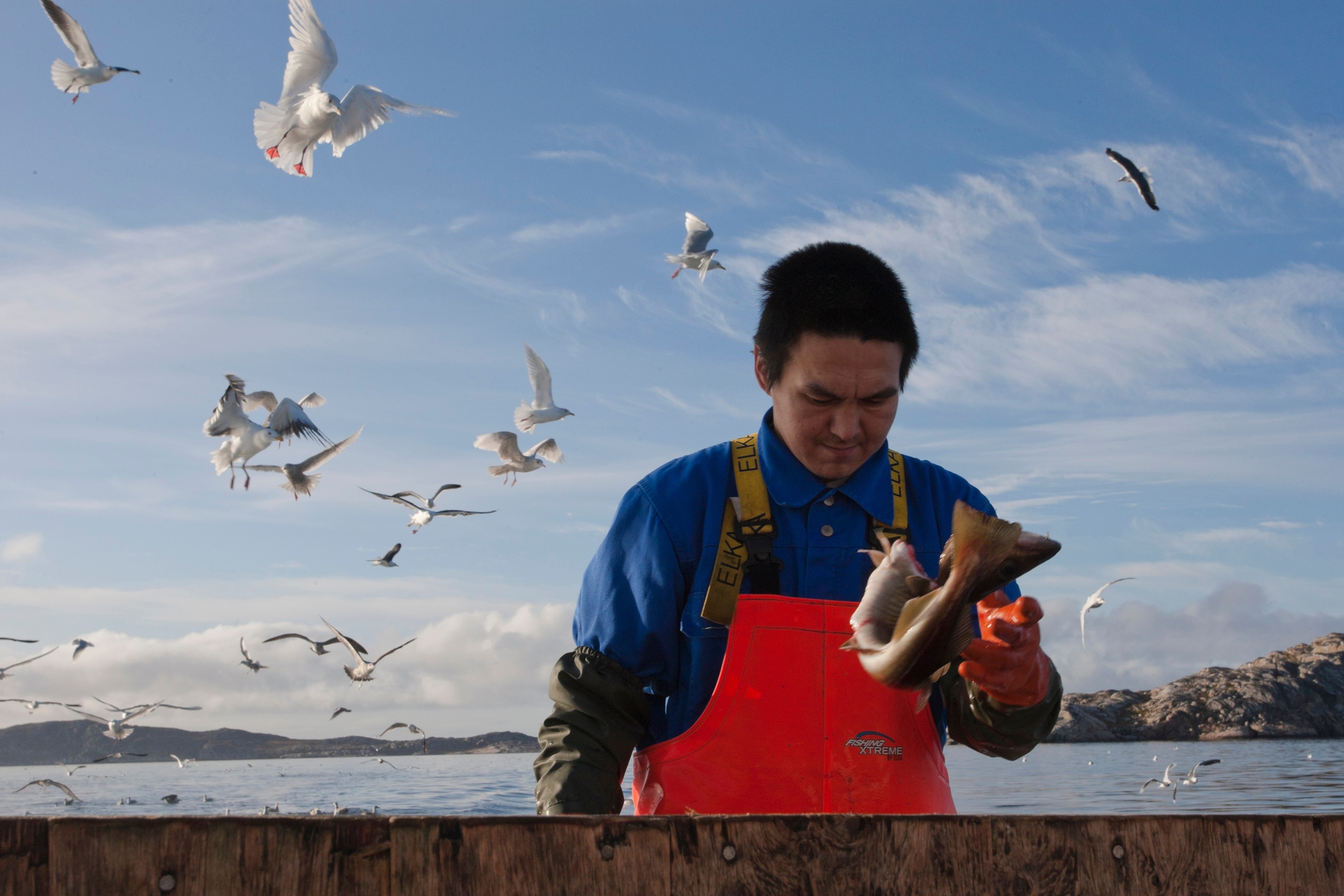
Warm Water May Spell the End of New England’s Iconic Cod
New England’s stocks of cod—the fish that fed colonists and launched the United States’ first industries—have collapsed almost past the point of recovery, despite aggressive catch restrictions that should have allowed them to rebound.
On Thursday, scientists speaking at a conservation event in Washington, D.C. disclosed why: The Gulf of Maine is warming faster than 99.9 percent of the rest of the oceans. It is happening so quickly that it has harmed cod’s ability to replace its numbers even though fishing had almost ceased.
“In warm years, each female cod produces fewer one-year old fish, and that these young fish are less likely to reach adulthood,” Andrew Pershing, the chief scientific officer of the Gulf of Maine Research Institute, said at the event. “By not accounting for temperature, assessment models consistently overestimated the abundance of cod and the number of new fish that would be available to the fishery. The rapid changes outpaced our ability to recognize and react to what was happening in the water.”
Pershing is the lead author, along with other fishery and ecosystem experts, on a paper detailing the effect of the Gulf of Maine’s rising temperatures, published simultaneously Thursday in Science. The paper uses data on sea-surface temperatures dating from 1982 to calculate that the temperature in the Gulf has been rising by 0.03 degrees Centigrade per year, compared to 0.01 degree globally. The researchers then referred to data as far back as 1900, and “we found that the recent warming was unique,” Pershing said. “The Gulf of Maine experienced a rate of warming that few large marine ecosystems have ever encountered.”

Cod are cold-water fish. Warmer water makes it less likely that freshly spawned ones will survive, and it also reduces the populations of zooplankton that they eat. Venturing out into deeper water in search of food taxes their metabolism, and makes them more vulnerable to predators. The larger fish that prey on cod move through with the seasons, the researchers said—and because of the water’s warmth, may be arriving earlier in the year and leaving later, extending the time in which they linger to eat cod by more than a month.
Cod fishing has been under strict management for years; in 2014, recognizing that the count of fish was only 4 percent of what it needed to be to sustain itself, federal authorities banned recreational fishing and limited commercial fishermen to bringing back no more than 200 lbs per trip. But scientists said Thursday that those emergency closures were not sufficient to repair the damage, because they failed to account for the warming trend that separately kept the fish from bouncing back.
“Gulf of Maine cod would have most certainly responded to this unprecedented warming event and abundance would have declined, but Gulf of Maine cod would not have collapsed without fishing,” Janet Nye, an assistant professor at Stony Brook University and co-author of the Science paper, said at Thursday’s event. “It was the combination of fishing and environmental variability that caused this iconic fishery to finally collapse.”
Can the iconic cod come back? The scientists said Thursday that it is vital for fishery regulators to account for temperature fluctuations while they keep the fish stocks from being plundered. Their paper predicts that “if fishing mortality is completely eliminated” (that is, a complete closure of the cod fishery, such as took place in Newfoundland), Gulf of Maine cod could rebound in 11 years. If some fishing is allowed, recovery would take longer: from 14 to 19 years, depending on how fast the water warms.
“Resource managers will be increasingly faced with trade-offs between the persistence of a species or population and the economic value of a fishery,” the researchers conclude. It’s worth remembering that doesn’t mean just the fish in the ocean. The fate of fishermen’s families, coastal towns and economies, and the remains of a historic way of life depend in the short term on whether cod is controlled so tightly that it can’t be caught, and in the long term on whether it ever can be brought back again.